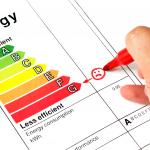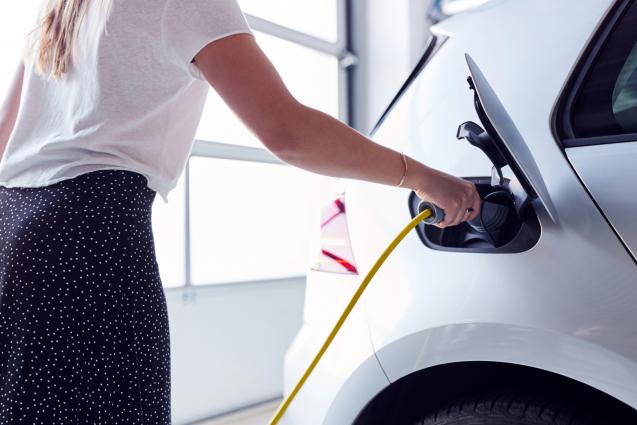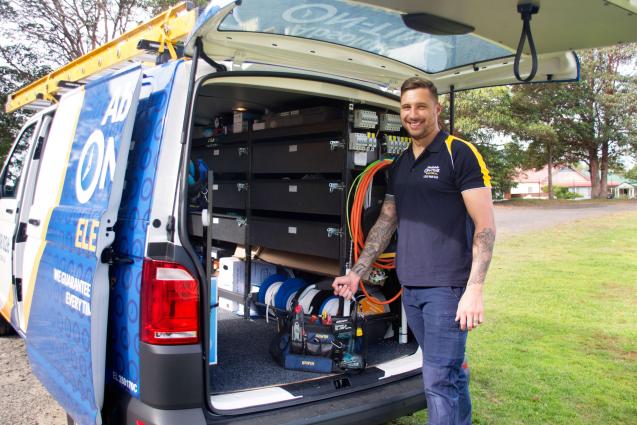
Maximising Energy Efficiency with Advanced Electrical Approaches
Exploring Energy Efficiency: Why it Matters
Energy efficiency, a term commonly used yet often misunderstood, refers to the practice of using less energy to accomplish an equal or better level of performance. Energy efficiency does matter, not only for the environment but also for the economy.
Inefficient energy use has significant implications such as raising greenhouse gas emissions, magnifying the carbon footprint, and depleting natural resources. From an economic perspective, inefficient energy use contributes to higher power expenses that affect both individuals and businesses.
Energy efficiency occupies a central role within sustainable development. It contributes to energy security, environmental preservation, lessening macroeconomic risk, and fostering industry development.
Modern Electrical Systems: An Overview
Thanks to technological advancement, modern electrical systems have evolved considerably, offering numerous benefits. Advanced electrical systems help reduce power consumption, thereby promoting energy efficiency.
Various types of advanced electrical systems include smart grids, energy management systems, energy-efficient lighting and smart home appliances. These systems incorporate sophisticated technology to achieve high efficiency.
Advanced Electrical Approaches that Enable Energy Efficiency
Several advanced electrical strategies promise greater energy efficiency. For instance, using solar energy panels, adopting LED lighting, and employing intelligent heating or cooling systems are some noteworthy approaches.
These strategies boost energy efficiency by using innovative techniques like power conversion, automated control, and energy storage. For instance, in a solar-powered home, the excess energy produced during the day is stored and used during peak power demand hours or during a power outage.
Maximising Energy Efficiency: Practical Tips and Techniques
Regardless of the electrical systems in place, we can further reduce energy consumption through informed choices and practices, consequently reducing energy bills.
Adopting these techniques in both residential and commercial settings reaps significant rewards. For example, Google committed to maximising computing power with highly efficient systems, reporting an overall energy reduction of 50% while maintaining service quality.
Potential Challenges and Solutions in Implementing Advanced Electrical Approaches
While advanced electrical approaches offer countless benefits, they also present certain challenges. Some of these include high upfront costs, lack of information and necessary skills, and some technical challenges related to integration with current systems.
However, solutions are available to overcome these hurdles. Subsidies, grants and financial incentives can offset the initial expenses. Educational campaigns and vocational training could help fill the knowledge and skill gap. Innovation in technology and improved integration methods could solve technical issues.
Conclusion
Maximising energy efficiency is no longer a luxury but rather a necessity. The role of advanced electrical approaches in achieving this objective cannot be denied.
These strategies, combined with informed lifestyle choices, show a promising way towards a more sustainable future. As these trends continue, we can expect them to define the future of our shared energy ecosystem. Fundamentally, embracing advanced electrical approaches could put us on the fast track to a brighter, more energy-efficient future.



